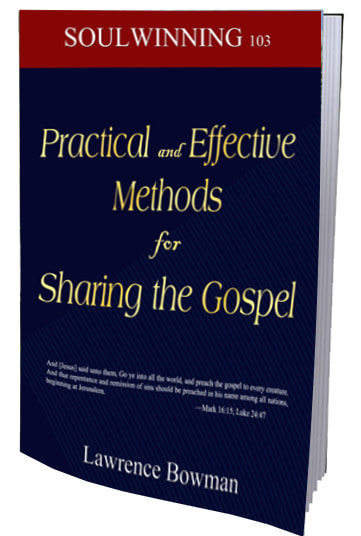
Recently, I was listening to the story of a young successful businesswoman who makes delicious cookies. She revealed that her father felt she wasn't good enough because he had wanted a baby boy, not a girl. His constant criticism haunted her as she grew up, and she felt the need to prove to her father that she could be successful. She has worked intensely hard in life, driven by the motivation to show her biased father that she is good enough, successful, and worthy of love and admiration.
Some individuals have shared with me their ongoing struggle with feeling inadequate and not being “good enough” throughout their lifetime. It's possible that you can relate to this experience as well. Perhaps you've been subjected to discouraging comments from others in the past, causing you to doubt your potential. It can be challenging to release oneself from the weight of these negative words and recognize that they do not hold any truth. It's important to understand that the criticisms you once heard from others (especially from close relations such as family) now stem from within. Many people tend to internalize and repeat to themselves the idea that they are not good enough. But it's time to let go of these old lies and false criticisms. They hold no value and only serve to hinder your progress. It's essential to rid your mind of these negative thoughts. Cast them out and to stop telling yourself that you are not good enough.
We all talk to ourselves each and everyday. Negative criticism can often lead to negative self-talk, which can be damaging to your self-esteem and confidence. I encourage you to challenge these negative thoughts by practicing positive self-talk. Open your mouth and speak out loud positive words to yourself. Affirmations, such as "God has made me capable" or “God has given me the abilities and skills to do _____” can help shift your mindset and build a more balanced self-image.
Many of us fail to communicate with God on a daily basis, and even for those who do, the time spent in prayer averages only about five minutes per day, according to researchers. This is pitiful, because God, who created us and knows the incredible potential He has planned for us, is not granted sufficient time so that we should be quiet and listen to Him. God desires for us to be rooted in truth, built up and established so that we can live with confidence and achieve His excellence to maximize our potential. By spending time with Him, we can receive the encouragement needed to discover truth, thereby gaining strength to cast down lies and hurtful criticisms. God has abundant blessings to pour through us, and the best way to overcome negative criticisms and to move ahead is by prioritizing time with Him.
It is also imperative that you and I read the Holy Bible daily, and reflect on God's promises, instructions, and the many examples of people’s life stories that are given for us to learn from. God's Word is truth which can strengthen and help us overcome negative criticism through getting to know it more. Dealing with negative criticism can be challenging and damaging to our self-esteem and confidence, but reading God's Word can remind us of our true identity and our God given purpose. By focusing on His promises, we are empowered to develop the ability to reject negative criticisms and lies others have planted in our minds. As we gain understanding, we can learn to stop entertaining taunting thoughts from the past. The Bible also offers comfort and guidance to help us face these challenges. The many life stories of people who have overcome great adversity with God’s grace prove that we too can conquer old pangs. By following the teachings of the Bible, we can find inner peace and the confidence we need to defeat negative criticisms and move forward.
It is also important to recognize the impact of past negative criticism and take steps to overcome those taunting thoughts. Take time to reflect on how those experiences have affected your personal beliefs about yourself and recognize that you deserve to heal from them. Seeking support from positive friends and developing healthy coping mechanisms (some which I have mentioned earlier) can also help you overcome taunting thoughts.
Finally, it's crucial to practice forgiveness towards yourself and others. Negative criticism often reflects the insecurities and issues of the other person, rather than your worth. Forgiving yourself and others can help release emotional burdens that may be holding you back from living your best life. Remember that forgiveness is not about becoming friends with the offender or excusing their behavior. Rather, it's about releasing the emotional burden and allowing you to move forward in life. It is giving the offender's offenses to God and trusting in His justice. In doing this you will free yourself from being stuck in the past with negative criticisms and move towards a brighter future.






































